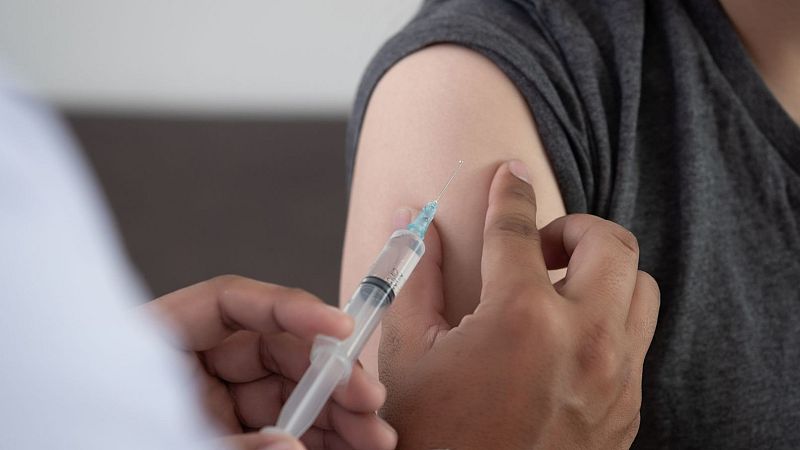EU approves new twice-yearly HIV prevention jab

The European Commission has formally approved a twice-yearly injection to prevent HIV, clearing the way for the jab to be rolled out across the European Union, according to drugmaker Gilead.
The decision comes one month after regulators from the European Medicines Agency (EMA) recommended the first-of-its-kind medicine, which has been hailed as a game-changer in the course of the HIV epidemic.
The drug, called lenacapavir, is a form of pre-exposure prophylaxis (PrEP), which works by preventing the virus from replicating and spreading within the body. It reduces the risk of acquiring HIV among both adults and adolescents.
In clinical studies, the jab was 100 per cent effective at preventing the virus, prompting experts to call it one of the biggest medical breakthroughs of 2024.
The drug will be sold as Yeytuo in the European Union, Norway, Iceland, and Liechtenstein. It will be the first twice-yearly PrEP option available, replacing the need for daily pills.
Dr Dietmar Berger, Gilead Sciences’ chief medical officer, said in a statement that the Commission’s quick approval underscores the “transformative potential of Yeytuo to help address the urgent unmet need in HIV prevention across Europe”.
The new treatment comes amid a rise in HIV cases. In 2023, there were more than 24,700 new HIV diagnoses in the EU, Iceland, Liechtenstein, and Norway, up 11.8 per cent from 2022.
The US Food and Drug Administration (FDA) has also approved the drug, and the World Health Organization (WHO) has recommended it as an additional option to prevent HIV.
Gilead said it is also seeking approval for lenacapavir in Australia, Brazil, Canada, South Africa, and Switzerland, and that it will soon add Argentina, Mexico, and Peru to the list.
The company has also agreed to sell generic versions of the drug in 120 lower-income countries with high HIV rates. But it is not yet clear how widely available it will be after the United States, which has traditionally been a major global health donor, slashed funding earlier this year.
HIV affects about 40.8 million people worldwide. An estimated 630,000 people died from AIDS-related illnesses last year.
Today

